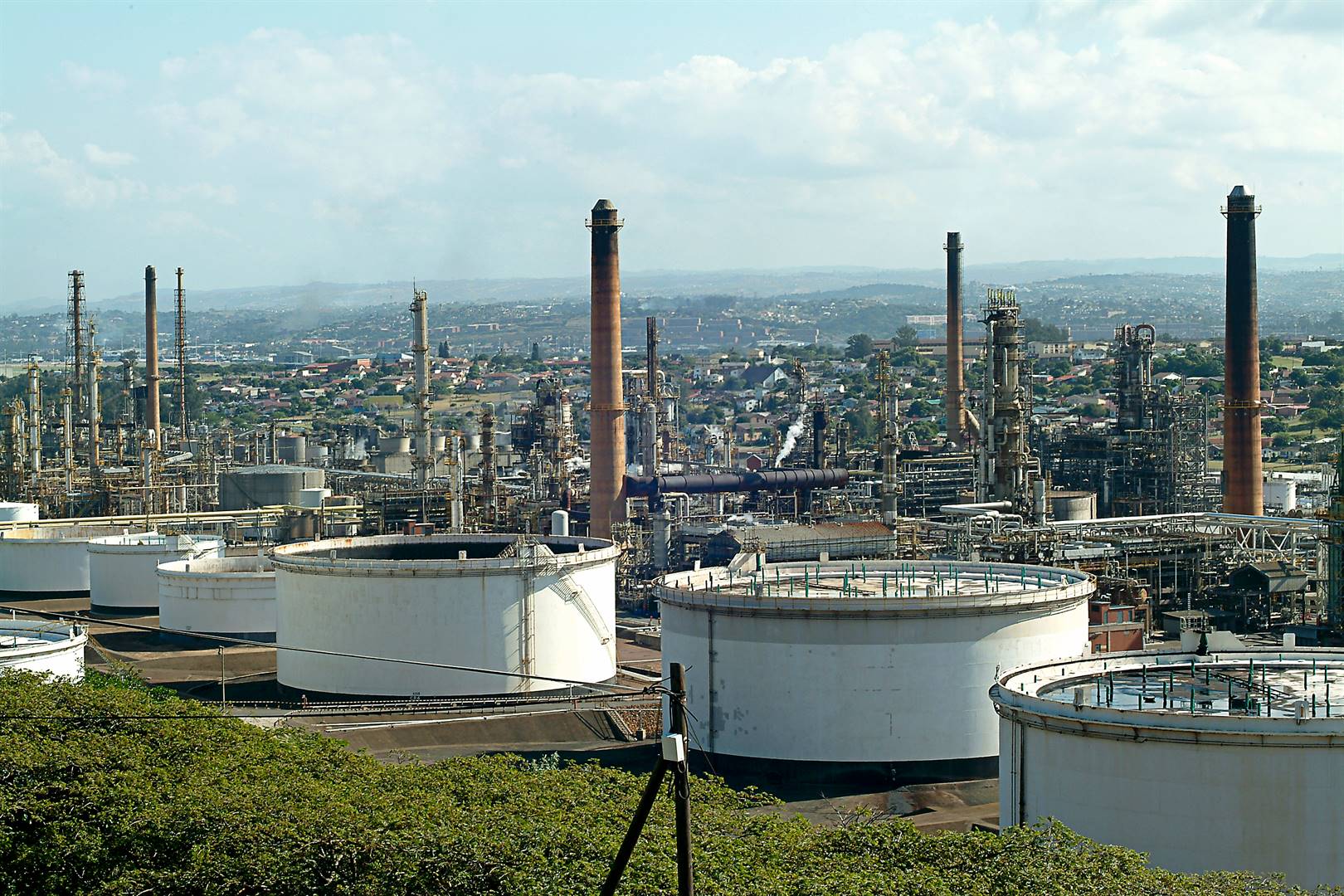
Shell and BP South African Petroleum Refineries (Sapref) – responsible for 35% of South Africa's refinery capacity – is preparing to start up after a temporary shutdown, according to a statement issued on Tuesday night.
Sapref managing director Victor Bester said plans were in place to ensure a safe startup "with little impact to our neighbouring communities".
The startup process is set to begin on 21 July and will take seven to ten days to complete.
Durban-headquartered Sapref is the largest crude oil refinery in SA and processes 24 000 tons of crude per day, and produces 2.7 billion litres of petrol per year.
It implemented a temporary shutdown after declaring a force majeure due to riots affecting Sapref's supply routes last week.
"Sapref made the decision to safely shut down the refinery when key materials to continue running the facility could not be delivered owing to supply chain disruptions caused by the civil unrest," the statement added.
As the unrest wreaked havoc in KwaZulu-Natal and parts of Gauteng, the Department of Mineral Resources and Energy announced new regulations restricting the sale of petroleum products in certain portable containers.
This followed the closure of the Sapref refinery, which the department said would affect the national supply chain for petroleum products.
In a separate statement, the Automobile Association warned that fuel was set for a large increase as prices were "hammered from all sides".
"Fuel prices were already trending higher before the widespread looting and unrest of the past few days. But now, the daily rand-US dollar exchange rate has spiked from R14.35 to nearly R14.80 since 12 June. South Africa imports a lot of fuel, which will inevitably cost more in rand terms. Meanwhile, international oil prices remain on the advance, adding further pressure," the AA said.
